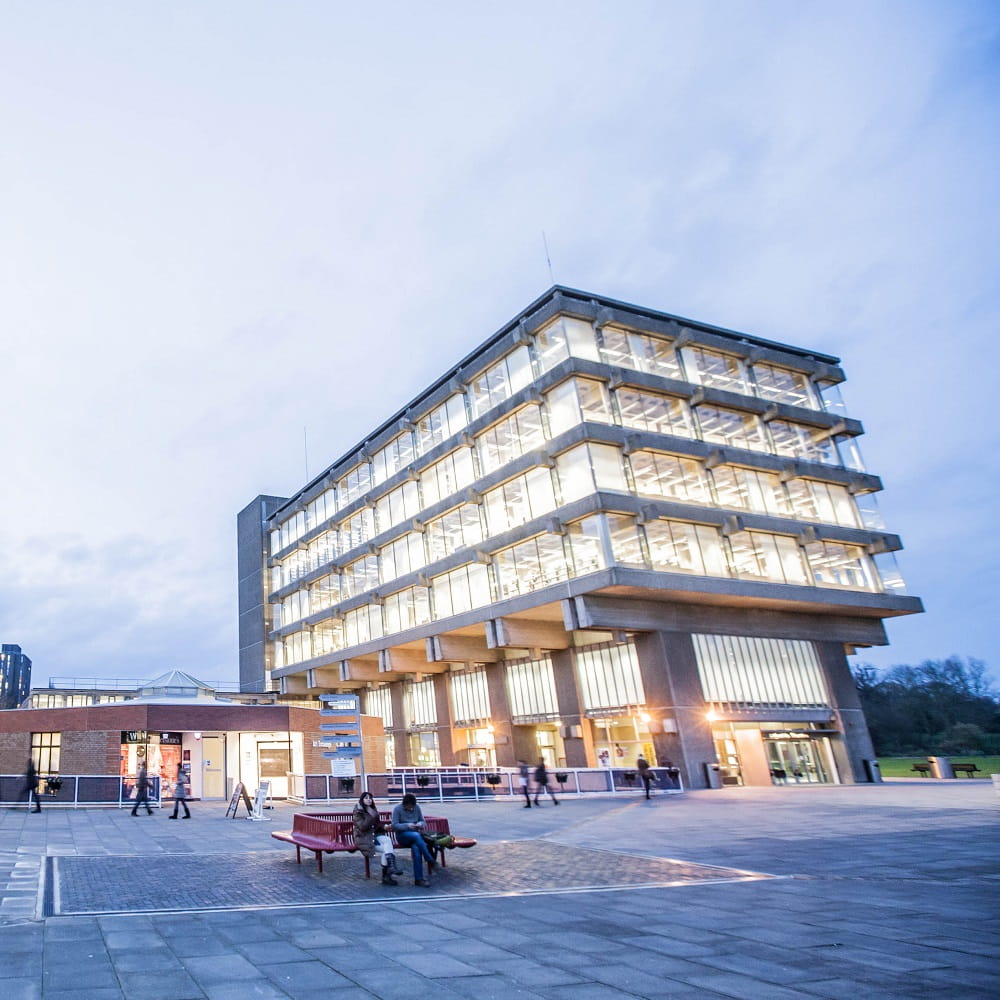Decolonising the Library

Hello everyone! We are Shani and Cyril, two student Frontrunners who have been working on a very exciting project - the Decolonisation of the Library! For those who are unaware, Frontrunners is the university’s part-time internship program and the project we chose to be involved in was the Library’s decolonising initiative.
What is decolonisation?
The Cambridge Advanced Learner’s Dictionary defines decolonisation as:
“The process of changing something such as a curriculum in a way that considers the cultural beliefs behind it, for example the belief that European writers, artists or ideas are better and more important than ones from countries that were colonized by Europe and that gives more importance to non-European writers”.
Yes, I know what might be going through your head right now, but we aren't going to be removing books from the library and disposing of them. The library views decolonisation as a process of including books (fiction and non-fiction) from various parts of the world representing different authors, races, sex and disabilities in order to create a more diverse and inclusive library collection reflective of the needs and interests of the whole student population here at Essex.
Decolonising events: Creating engagement
First , to create a buzz around the project we hosted an in-person engagement event with students in the Special Collections room of the library. We had conversations on what we think the library can do to diversify its collections and being surrounded by rare and interesting texts whilst having snacks provided worked like magic. Our discussions were fruitful and very insightful as to how students view the library, and we received suggestions ranging from setting up a bi-weekly ‘decolonising’ club to focusing on specific subject areas like medicine, Latino culture, and Chinese fiction, among others.
Next, we took our project to the heart of the campus, Square 5, where we had a decolonisation stall set up for a total of three days during Skills Fest. It was a really fun experience speaking to everyone, explaining what our project is and what we hoped to achieve. We also had a decoding game for students to try out, which gave hands-on experience of what it means to ‘decolonise the library’. Some participants spent over 10 minutes on the game, however the feeling of finishing it was worth it (verified by our players!). The stall was also a great opportunity to raise further interest and get volunteers for the second part of the project.
As part of the engagement strategy, and in preparation for the collections Deep Dive, we created a book display promoting some of the student suggested books purchased from last year’s decolonisation project . Hopefully students and staff will have noticed the display on the ground floor of the Library and seen the nature of books that were acquired as a result of these efforts.
Collections “Deep Dive” & other resources
The Deep Dive was key to the success of the project, as it’s where we got to select and add new titles to the library to help with decolonising the collections. Volunteers helped decide the final areas we would delve into, based on feedback received from talking with students. We decided to focus on South Asia, particularly South Asian law, psychology & psychoanalysis, literature, and philosophy. At the end of the deep-dive research period we were able to discover and recommend to the library around 90 new titles for adding to its collections across these areas. If you think of any additional titles that aren’t already in the library after searching through the Library Search, please suggest them via the library's purchase suggestion form.
As part of the project we also followed up comments from international students keen to have more support for academic writing in the UK context, and we created a Talis online reading list on UK Academic Writing for International Students which we hope will grow into a useful resource for many students unfamiliar with UK higher education culture.
Alternatively, you could check out the Decolonising the Library subject guide which is designed to help students find relevant resources when researching topics from a decolonial perspective.
Looking Forward
Working on the Decolonising the Library project was an eye-opening experience for both of us. We learnt a lot of new things, met great people in and out of the library, expressed our love for books to the extreme, and most importantly we have gained invaluable experiences that will remain with us for a long time to come. We are most proud of being able to leave a small stepping stone for others to follow in further diversifying the library. It was such a fulfilling experience, and I would most definitely recommend getting involved and participating in some form, as this work will be carried on in future years!
